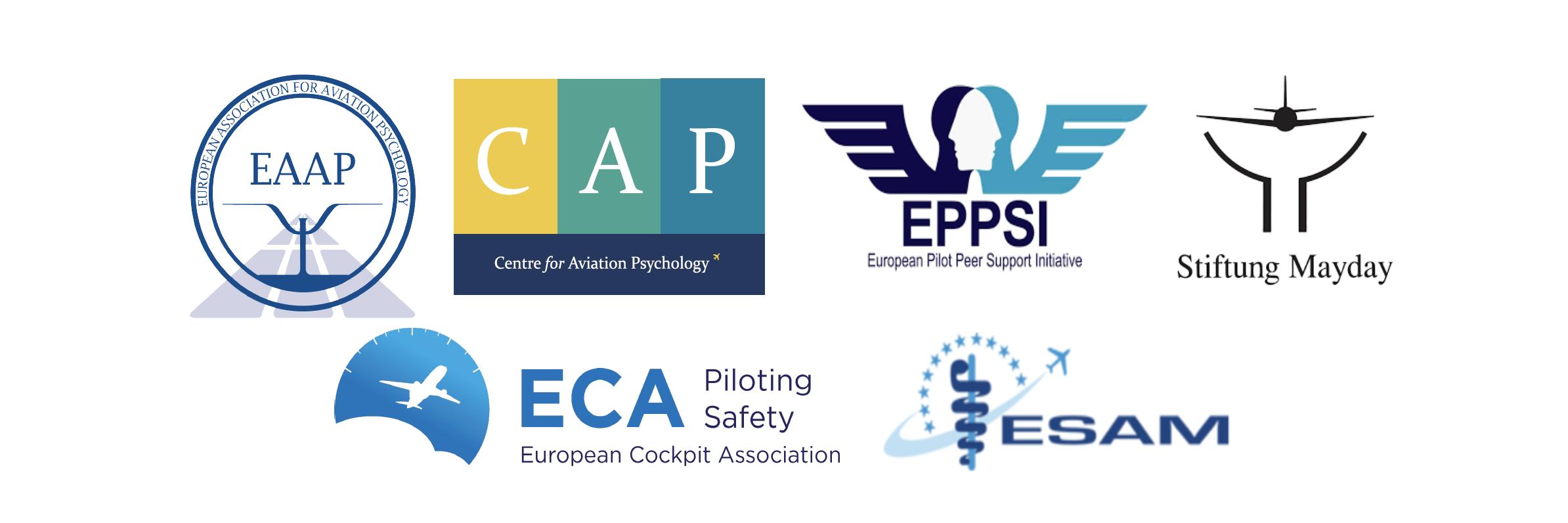

As practitioners involved and concerned in the health and well-being of those employed within the aviation industry, and in particular those who play safety-critical roles in the operation (e.g. on the flight deck, cabin, ramp, engineering, maintenance, air traffic control), we would like to register our increasing concern relating to the physical and mental health impact of the ongoing job losses and employment insecurity each part of the sector is facing as a result of Covid-19.
Some aircrew professionals may themselves have suffered from Covid-19 infection and be affected by the well-reported clinical and psychological sequelae of illness, which may persist from an as yet undetermined period, whilst it is possible that certain individuals may be rendered unfit for duty.
The financial crisis facing this industry and the inevitable cost reductions add to the possible or actual effects of COVID-19 infection. Many aviation employees are now facing the loss of their jobs, reduced terms and conditions, and the prospect of ongoing employment insecurity in an uncertain and volatile future. These impacts on individuals' health - both physical and mental – are profound and far-reaching. It is highly likely that the consequences of the COVID-19 crisis could have a direct impact on flight safety in a variety of ways, if not anticipated and managed properly.

A combination of isolation, job insecurity and a potential health risk makes the current COVID-19 crisis also a threat to our mental well-being. With so many different stressors literally thrown at us at once, mental health professionals are preparing for an epidemic of anxiety after the pandemic. Read more: Amidst a pandemic: an epidemic of anxiety
In this respect, ‘Just Culture’ principles, aiming to foster fairness and safety, should also be adhered to in the COVID-19 crisis.
Aviation Professionals: We recognise that you are facing challenging circumstances not of your own making and for many, beyond your control. If you have questions or need support, we would encourage you to reach out. While it may not always be obvious where and how, we would encourage you to persevere - there are various resources, avenues, and multitudes of people, volunteers and professionals who are standing ready to support you as best as they can. Many aviation professionals may be 'suffering in silence'.
We strongly encourage you to reach out and seek support. We specifically recommend approaching peer support services, AMEs, occupational health doctors and nurses, family (GP) doctors and practice nurses, psychologists and psychiatrists who are duty-bound to provide the best care available and to work to the highest levels of clinical confidentiality. Outcomes for professional support for mental health are excellent.
EASA: We understand the reasons for the postponement of the implementation deadline date of Decision 2018/012/R to 14/02/2021. We call on EASA to redouble their efforts in reminding and prompting all industry stakeholders of their responsibilities in supporting those affected in the current crisis and to accelerate their plans to implement the mental health requirements of other aviation professionals (e.g. cabin crew, engineers, mechanics, controllers) in the same way they have done so with pilots.
NAAs: We encourage national regulators to provide and co-ordinate available resources to those who are most affected. We also call on NAAs to pay particular attention to the safety implications of those operators in their jurisdiction where the negotiations with workforces have become especially toxic.
Operators (e.g. AOCs, ATOs, ATCs, MROs): We recognise the unprecedented pressures, costs and uncertain future you have to prepare and to re-adjust your businesses for safe and cost-effective operations. This might lead to job losses. We call on you to do so in as humane and equitable way as possible. We wish for you to exercise your moral responsibility to those who are likely to find themselves unemployed through no fault of their own. We also ask you to ensure those leaving your employment and then finding themselves in an oversaturated job market are given all the support you can provide. This is also in keeping with ‘Just Culture’ principles. Care should especially be taken with those more vulnerable to mental health problems.
Crew who are let go may well end up being rehired in the future. Disgruntled crew (current or rehired) may be more preoccupied with their grievances and withdraw their goodwill, which could have an effect on morale, as well as safety, and efficiency of operations. It could also affect customer experience and brand loyalty.
AMEs: Whether in the context of medical checks, or approached for advice, AMEs and other health care professionals should proactively discuss work-related challenges, with those seeking their services, due to Covid-19. Pathways should be highlighted for access to Peer Support Programs and/or specialist mental health support.
Peer Support Programmes: We ask that you make your services available, within reason, to those that approach you, irrespective of current and former employer or professional role.
Professional Associations and Unions of Aviation Personnel (i.e. pilots, cabin crew, air traffic controllers, engineers, mechanics): Many professional associations or unions have ‘confidential teams’ where their members can obtain advice and help. We encourage members to use these support and advice services.
Career Development and Support: A practical way to support aviation professionals whose jobs or careers may be impacted by Covid-19, is to provide mentoring, coaching and career support services. This is in addition to mental health and well-being initiatives.
Enquiries: c/o info@eppsi.eu
European Society for Aviation Medicine (ESAM)
European Association for Aviation Psychology (EAAP)
European Cockpit Association (ECA)
European Pilot Peer Support Initiative (EPPSI)
Centre for Aviation Psychology (CAP)
Stiftung Mayday
